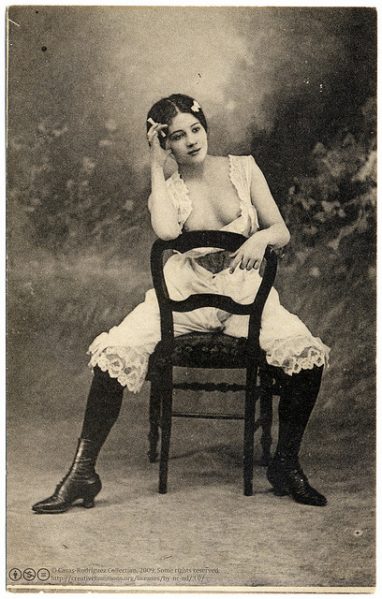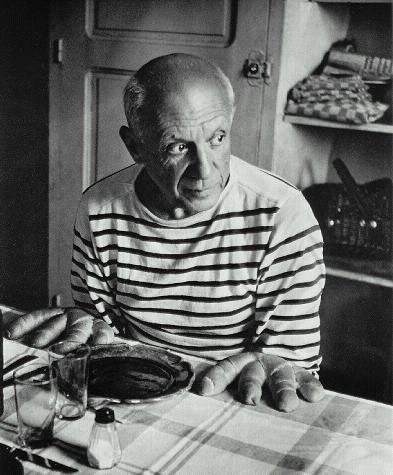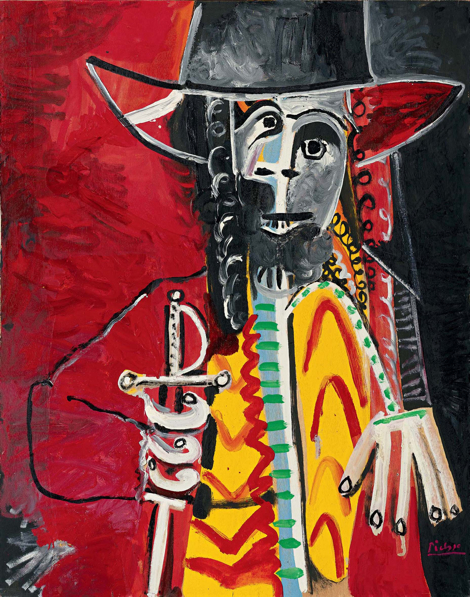Fractured Beauty & a Fissured Self: Learning to Love Completely.
Part I: Damn you, Walt Whitman.
The great thing about America, they say, is that it is a land of second chances. People come here to make a fresh start. Your ancestors probably did. And it is a land that loves to forgive, to let people try again and start over after their mistakes.
That is a lovely theory. But how do you start over?
There is no Reset button to life. There is no way to erase the past. There are real-life reasons (financial, familial and familiar) why most of us cannot just fold up our tent, hop on a train, and start a new life in a different town. And even if you could, would that really be escaping from the past?
You tote your past with you everywhere you go. It is the invisible baggage that no porter will ever carry for you; only you get to push and pull and tug and lug it from place to place.
Whitman, one of America’s first great poets (and a personal favorite), famously claimed that he was large, that he contained multitudes. Beautiful. Lyrical. It is a fundamentally democratic poetic statement, abundant and amenable to differences. I loved it as a college student. I love it as a theory.
The darker side that I overlooked in my first enthusiastic embrace?
What if you cannot stomach some of the past (personal, cultural, national) that you contain? How do you make sense of not just the good that you have done but also the errors and sins that you have committed, the hurts that you have caused? What to do with the part of yourself that you hate, the mistakes that keep beating on the door of your heart?
I contain multitudes.
I am a writer, a dad, a marketer, a man, a Kansan (originally), a Washingtonian (now and by choice), a dog owner, a runner, an emotionally intense person, a caring man, a loving man, a man who is prone to excess, a man who has been hurt by others and has hurt others, a man who is more fragile than he wants to admit, a man who has sacrificed to stay in relationships he should have let go, a man who has sabotaged relationships he should have fought to maintain, a man who loves himself, and a man who hates himself.
It is a delicate balance, this effort to contain not only the multitudes that you like, but also those that you want to excoriate and burn and vomit away. For years I could not do it. And the hurt was worse because I could not.
(I can now say that I could not do it yet, but life never feels parenthetical when you are in the midst of it. It is only later, looking back, that the parentheses become clear).
I could forgive, but not myself. I could wash errors of others away and understand that a mistake does not a lifetime make, but not for myself. I’d understand, intellectually, that I was not the only one who had a piece of the pie, then I’d gorge on the entire pie until I made myself sick.
I am embarrassed at both my failings, and my failing to come to terms with them. I have been stuck, pinned to past errors while everyone else moved forward. I have felt marked, branded and tattooed with past failings. I have felt them above my head when I introduce myself. I have worried about them more than an imperfect body when I undress. I have felt the stain of them burn down my cheeks when I cry.
So yes, Mr. Whitman, I contain multitudes. For most of my life, I have wished I did not. I have wished that I were a simple, happy, uncomplicated monad, blissfully unaware of the past and able to leave my mistakes behind.
Part II: Mr. Whitman, meet Mr. Picasso. You two artists, meet Popeye.
I am changing. It has been a forced change. 2012 (to be very charitable) held a rough patch for me. I have since been working to paint a new (or renewed) self.
Among other changes, I want to (re)discover a feeling of fearless love, toward life and toward myself, and toward the passion and willingness to be vulnerable and caring that have led to the best things in my life. Somewhere along the line, fear sneaked in, snatched that away, and sabotaged the good. I want it back.
Here is where I am taking direction, as absurd as it sounds, from a paint can. Redecorating requires you to follow a few rules. First, there is prep work. Painting, both walls and the self, is a messy process. If you do not take time to set up your work area, you are likely to do as much harm as good. Set your drop cloth down, tape off the area that you want the new paint to cover, and do not forget to clean the work surface.
No matter how it got there, you are responsible for the gunk and grime on the walls you live in. Simply covering up what is currently showing does not work. For the paint to stick, you have got to clean up the old and repair cracks and scars.
Secondly, you need to give the paint time to dry. Often you will need several coats. Rushing the process does not work and can actually be counter-productive, muddying the finish you want. Patience and a willingness to sit calmly in the midst of a mess are required.
Whitman understood this — that life, art and emotion are inherently messy. This acceptance of messiness has been my turning point. I now embrace that I have a messy soul, mind and heart. They are filled with joy, and filled with defeat. They bounce between success and failure, tears of happiness and tears of sadness, earth-shaking love and underworld-shivering loneliness.
Containing multitudes means not just embracing different facets of the good, it also means accepting the faults and failures.
The reason I could not do this before? I could not sit calmly in the mess. I never understood that beauty develops precisely because of, not despite, the fractures we experience.
We make mistakes. Multitudes of them. When you paint your heart and repaint your self, you are not an artist who specializes in the still life genre. Your heart does not belong in a fruit bowl alongside oranges and apples. It is vibrant. It contradicts itself. It causes itself pain. And it also beats with almost inexpressible love and joy.
Painting your self and throwing your colors onto life is less about absolute fidelity to detail and more about capturing and coming to peace with that interplay of contradictory multitudes.
The life you paint is like a Picasso: it is a fissured whole, viewed differently, depending on which angle you choose – disturbing at first, and beautiful the more you accept the failure of unity upon which it is built.
It is all about perspective.
Mr. Whitman, thank you. I do indeed contain multitudes. I am living, moving, growing, evolving. I am constantly repainting my soul. Mr. Picasso, I have come to love my fractured beauty. The hurts and mistakes, joys and loves have made a unique pattern on my heart. I am learning to sit in the pain, luxuriate in the love.
We all have stained glass souls, beautiful precisely because of that unique interplay of contradictory emotions, motives, loves and regrets.
Once I understood this, I was able to forgive myself. This does not mean that there is no pain. There is. There will be tears, there will be mistakes. And there will also be smiles and soul-laughter and love. That is how it works. There is no need to deny or tear out from myself the parts I have not liked in the past. You cannot do that anyway.
I have moved from Whitman to Picasso to, finally, Popeye: “I yam what I yam.”
I am the base materials for living a life of love. That starts with me. I have a new acceptance of my self, warts and wounds included. I am. I grow. I am growing.
My stained-glass, cubist soul contains multitudes and competing viewpoints and contradictions and it is messy. Painting your way through life always is. It is not just slapping on some color. Done properly, it is not as much covering up as it is repairing, adding to, and building upon what is underneath.
***
{Join us on Facebook, Twitter, Instagram & Pinterest}



